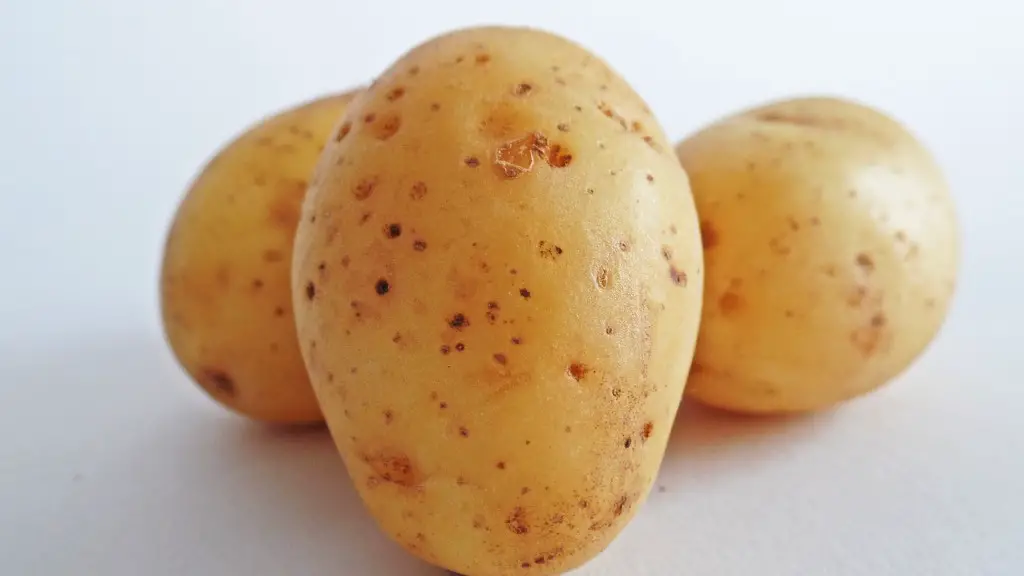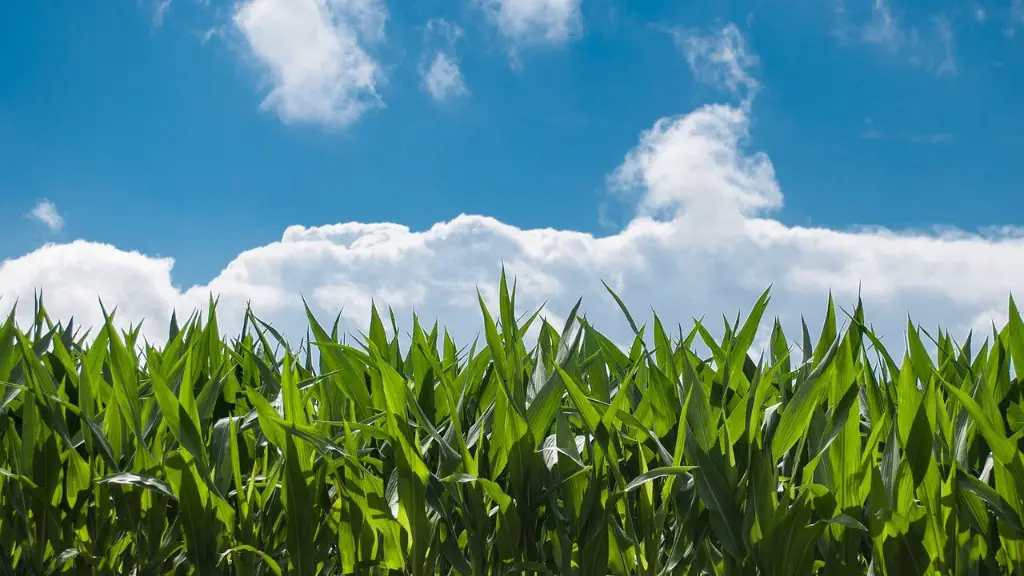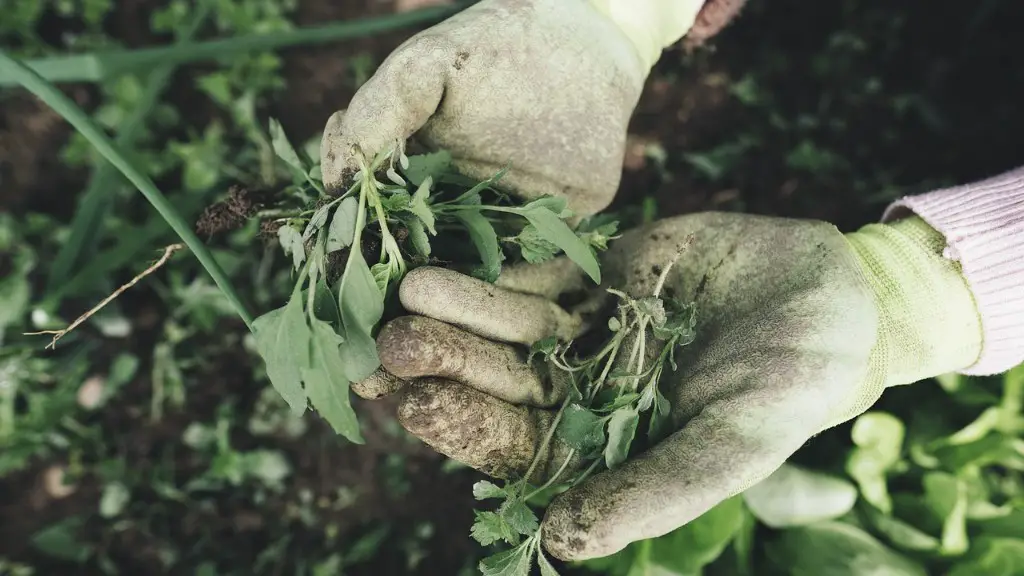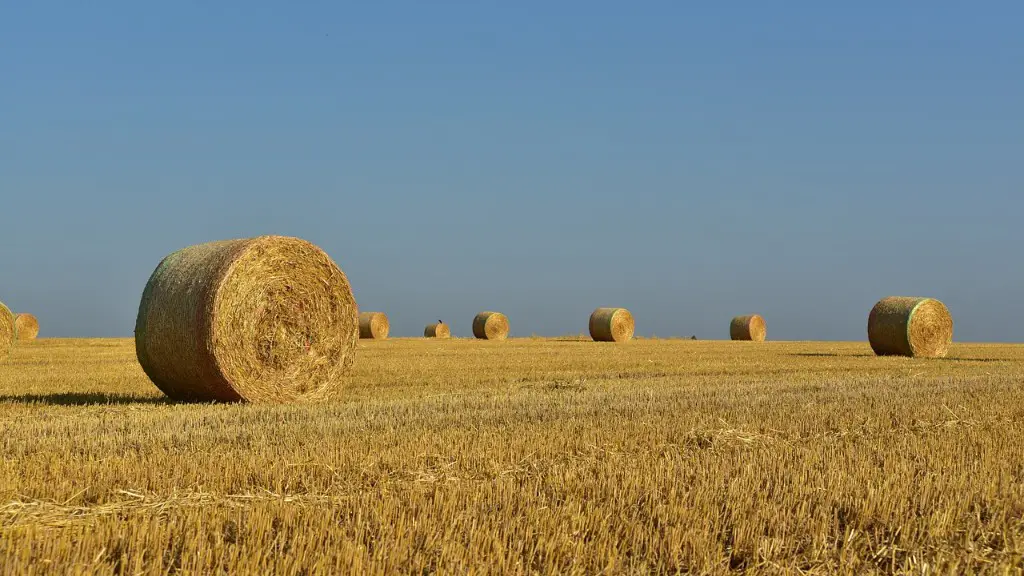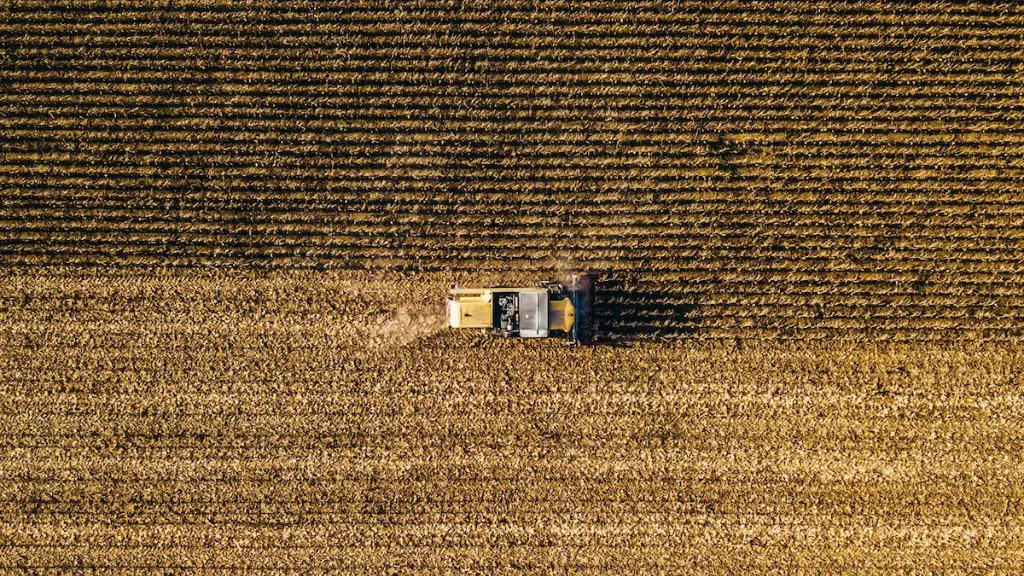Agricultural biotechnology is the term used in crop and livestock improvement through biotechnology tools.
The use of biotechnology in agriculture has increased over the past few decades, and its impact has been both positive and negative. On the positive side, biotechnology has helped to increase crop yields and decrease the use of chemical pesticides. It has also helped to create more resilient crops that can withstand drought and pests. On the negative side, biotechnology has been linked to the decline of honeybee populations and the emergence of herbicide-resistant weeds.
What are three examples of how biotechnology might be used in agriculture?
Biotechnology has had a big impact on agriculture, with farmers now able to grow genetically modified crops and improve plant and animal health and breeding. Here are five examples of biotechnology in agriculture:
1. Genetically modified crops – crops that have been genetically modified to be resistant to pests or herbicides, or to produce more nutritious food, are now commonplace in many countries.
2. Developing of biofuels – using plant matter to create biofuels, such as ethanol, is an important application of biotechnology in agriculture.
3. Improving plant growth – biotechnology can be used to improve plant growth rates, helping farmers to produce more food.
4. Improving plant seed quality – by improving the quality of plant seeds, farmers can grow healthier and more productive crops.
5. Improve animal health and breeding – biotechnology is also being used to improve animal health and breeding, with the aim of producing healthier and more productive livestock.
Agricultural biotechnology has the potential to reduce greenhouse gas emissions in a number of ways. For example, by developing crops that can be used as biofuels, by developing fruits and vegetables that stay fresh longer, and by reducing food waste.
What is the advantage of biotechnology in agriculture
The benefits of agriculture biotechnology are numerous and varied. Perhaps the most significant benefit is the increased yield from crops. This can be attributed to the fact that crops are better able to withstand environmental stresses, such as drought and pests. Additionally, the nutritional qualities of food crops are often improved with biotechnology, making them more nutritious and healthier for human consumption. Another benefit is the improved taste, texture or appearance of food. This is often due to the fact that crops are less dependent on fertilizers, pesticides and other agrochemicals. Finally, biotechnology can also lead to the production of new and innovative products, such as biofuels.
Agricultural biotechnology is a field of science that focuses on improving crop performance in the field. biotechnologists aim to improve crop performance by conferring pest and disease resistance, herbicide resistance, or tolerance to environmental stresses (such as drought or flooding).
What are the advantages and disadvantages of biotechnology in agriculture?
In agriculture, it is possible that genetically modified crops will not be viable in the long term due to environmental factors. Genetically modified plants or microorganisms have the potential to spread their genetic information throughout an ecosystem, resulting in negative consequences such as reduced biodiversity. If the genetic modification of crops is not carefully monitored, the long-term viability of these crops may be at risk.
Agricultural biotechnology is a range of tools that can be used to alter living organisms or parts of organisms to make or modify products, improve plants or animals, or develop microorganisms for specific agricultural uses. These tools can include traditional breeding techniques, as well as newer techniques such as genetic engineering.
Agricultural biotechnology has the potential to improve the efficiency and productivity of agriculture, as well as to help meet the challenges posed by climate change. It can also be used to develop new products, such as biofuels and bioplastics.
However, agricultural biotechnology is a complex and controversial field, and there are many ethical, social, and environmental concerns associated with it. These concerns need to be carefully considered before any decisions are made about its use.
What are the 3 biotechnology examples?
Biotechnology is the application of scientific and engineering principles to the processing of materials by biological agents to provide goods and services. Genetic engineering is the direct manipulation of an organism’s genetic material to alter its characteristics. The development of insulin, the growth hormone, molecular identity and diagnostics, gene therapies and vaccines such as hepatitis B are some of the milestones of biotechnology and its alliance with genetic engineering.
Biotechnology has revolutionized many fields, including healthcare, agriculture, and environmental remediation. DNA profiling and DNA cloning are two key applications of biotechnology that have had a profound impact on society. DNA profiling has helped solve countless crimes and has led to the development of new, more effective forensic techniques. DNA cloning has allowed for the production of genetically identical copies of plants and animals, which has had a significant impact on agriculture and animal husbandry. Transgenesis, the process of introducing new genes into an organism, has also had a major impact on both healthcare and agriculture. Genome analysis is another important application of biotechnology that has led to major advances in our understanding of human genetics and the biology of other organisms. Finally, stem cells and tissue engineering are two cutting-edge areas of biotechnology that hold great promise for the future.
What are the 3 uses of biotechnology
Biotechnology has revolutionized the field of medicine by providing new treatments and therapies for diseases. In the field of agriculture, biotechnology has been used to develop crops that are resistant to pests and diseases. Biotechnology is also being used to develop non-food products, such as biodegradable plastics and biofuels. In addition, biotechnology is being used to develop new environmental technologies, such as methods for cleaning up oil spills.
The application of new technologies in agriculture is always a hot topic. Here are 5 of the newest technologies being used in agriculture today:
1. GIS software and GPS: This combination is being used more and more to help farmers map their fields, track yields, and plan their cropping patterns.
2. Satellite imagery: This is being used to provide farmers with up-to-date information on crop conditions, soil moisture levels, and more.
3. Drone and other aerial imagery: This is becoming a popular tool for farmers to use to get a bird’s eye view of their fields.
4. Farming software and online data: There are a number of new software programs and online databases that farmers can use to help with everything from irrigation planning to crop management.
5. Merging datasets: With so much data available, one of the challenges for farmers is making sense of it all. One solution is to merge different datasets together to get a more holistic view of their farm.
What is an example of biotechnology products in agriculture?
Plant biotechnology is a branch of biotechnology that deals with the manipulation of plant genes to produce crops with desired traits. The main aim of plant biotechnology is to improve the quality and yield of crops.
There are several benefits of plant biotechnology for both farmers and consumers. Farmers can benefit from plant biotechnology through the development of crops that are resistant to diseases and pests, and that require less use of pesticides and herbicides. This can lead to reduced production costs and increased yields.
Consumers can benefit from plant biotechnology in several ways. For example, crops that have been modified to be more resistant to disease and pests are likely to be of better quality and have a longer shelf life. Additionally, crops that have been modified to contain higher levels of vitamins and minerals may offer health benefits.
Biotechnology has been responsible for the creation of myriad products and therapies that combat diseases, fighting world hunger by improving and increasing food production through the generation of higher crop yields, as well as creating biofuels that aid in the reduction of greenhouse gas emissions to combat the effects of climate change.
What are 10 benefits of biotechnology
Biotechnology is the use of living organisms (or parts of organisms) to make products, or “to do” useful tasks. Biotechnology is often used to refer to the genetic manipulation of cells to make them do something new or different, such as producing a new drug or making crops tolerant to herbicides.
The advantage of biotechnology is that it has the potential to make significant improvements in the quality of our food and the efficiency of our agriculture. For example, biotechnology can be used to improve the nutritional content of crops, making them more resistant to pests and diseases, and to improve the growth rate of animals.
In addition, biotechnology can help to reduce the amount of pesticides and other chemicals used in agriculture, and can help to preserve natural resources such as water and soil. Finally, biotechnology has the potential to improve the economic well-being of farmers by providing them with new and more efficient ways to produce food.
Biotechnology is a branch of science that develops or creates products using biological systems or components of them. Agricultural biotechnology is the use of biotechnology in agriculture. Agricultural biotechnology includes the use of recombinant DNA technology to produce genetically modified crops that have a higher yield. Agricultural biotechnology also includes the use of microorganisms to produce biopesticides.
What is biotechnology in relation to agriculture?
Agricultural biotechnology is a range of tools that can be used to alter living organisms or parts of organisms to improve plants or animals. These tools can be used to make or modify products, improve crops, or develop microorganisms for specific agricultural uses.
Modern biotechnology has revolutionized many industries, including environmental protection, medicine, industry, and agriculture. The environmental protection field uses biotechnology to develop sustainable practices that reduce pollution and waste. The medical field uses biotechnology to develop new treatments and cures for diseases. The industrial field uses biotechnology to develop new products and processes. The agricultural field uses biotechnology to improve crop yields and protect crops from pests and disease.
What is a good example of biotechnology
Biotechnology has had a major impact on medicine, with synthetic insulin and synthetic growth hormone being just two of many examples. Diagnostic tests to detect various diseases have also been developed, making it easier to identify and treat health conditions. Biotechnology has also been applied to industrial processes, environmental cleanup, and agricultural production, with great success in each area. This technology is continuing to evolve and impact our world in positive ways.
Biotechnology is a field of science that deals with the manipulation of living organisms to create new or improved products and processes. It has the potential to help address many of the world’s most pressing problems, such as food security, energy security, climate change, aging society, and infectious diseases.
For example, biotechnology can be used to develop more resilient and efficient crops that can better withstand environmental stresses such as drought, pests, and diseases. It can also be used to create new and renewable sources of energy, such as biofuels. Additionally, biotechnology can be used to develop new and improved methods for treating and preventing diseases.
The potential applications of biotechnology are vast and the potential benefits are tremendous. It is important that we continue to invest in this field of science so that we can realize these benefits and address the challenges of the 21st century.
Conclusion
The application of biotechnology to agriculture has the potential to bring about significant changes in the way that crops are grown and food is produced. Biotechnology can be used to develop new and improved varieties of crops that are more resistant to pests and diseases, and that can better tolerate environmental stresses such as drought. Additionally, biotechnology can be used to create new methods of food production that are more efficient and sustainable.
Biotechnology is having a significant impact on agriculture, particularly in the area of crop production. The use of biotechnology in agriculture allows for the development of new and improved crop varieties that are more resistant to pests and disease, and that can tolerat
